So, you’re a bearded dragon owner curious about lettuce. It seems like a harmless leafy green, right? Well, the truth is a bit more nuanced. While a small piece of certain lettuces might not immediately harm your beardie, it’s not a nutritional powerhouse. In fact, some types can even be detrimental. This guide will explore the ins and outs of lettuce for bearded dragons, covering safe and unsafe varieties, nutritional value, potential risks, and healthy alternatives.
Decoding Lettuce: Nutritional Value and Risks
[https://www.lolaapp.com/can-bearded-dragons-eat-raspberries]: Can Bearded Dragons Eat Raspberries?
[https://www.lolaapp.com/can-beardies-eat-apples]: Can Beardies Eat Apples?
[https://www.lolaapp.com/can-rabbits-eat-brussel-sprouts]: Can Rabbits Eat Brussel Sprouts?
Why isn’t lettuce the best choice for your bearded dragon? The main issue is its nutritional content (or lack thereof). Lettuce, particularly iceberg lettuce, is mostly water. While hydration is important, lettuce doesn’t offer the vital vitamins and minerals a bearded dragon needs to thrive.
Lettuce Variety Breakdown
Not all lettuce is created equal. Here’s a closer look at common types:
- Iceberg Lettuce: This is the least nutritious option. It’s extremely low in vitamins and minerals, offering primarily water. Experts generally recommend avoiding iceberg lettuce altogether.
- Romaine Lettuce: While slightly better than iceberg, romaine is still not ideal. It does contain small amounts of vitamins A and K but lacks other essential nutrients. Offering romaine sparingly as an occasional treat is unlikely to cause harm, but it shouldn’t be a regular part of their diet.
- Butter Lettuce: Similar to romaine, butter lettuce offers marginally more nutrients than iceberg but is still not a nutritional powerhouse. It can be offered in moderation, but other greens should be prioritized.
- Red Leaf Lettuce: This variety contains slightly more nutrients than iceberg or romaine, offering some vitamins and antioxidants. It’s still best to offer it in moderation and prioritize more nutrient-rich options.
Health Consequences of a Lettuce-Heavy Diet
A diet primarily consisting of lettuce can lead to several health problems for bearded dragons:
- Nutritional Deficiencies: The lack of essential vitamins and minerals can lead to various health issues, impacting growth, immune function, and overall well-being.
- Metabolic Bone Disease (MBD): MBD is a serious and potentially fatal condition caused by calcium deficiency or an improper calcium-to-phosphorus ratio. Lettuce contributes little to calcium intake and can exacerbate imbalances, increasing the risk of MBD.
- Digestive Issues: The high water content of lettuce, especially iceberg lettuce, can cause diarrhea in bearded dragons, leading to dehydration.
Nourishing Alternatives: The Best Greens for Your Beardie
Instead of lettuce, focus on nutrient-rich greens that offer a wealth of vitamins and minerals. These leafy greens are the true “superfoods” for bearded dragons:
- Collard Greens: These are a fantastic source of calcium, vitamin A, and vitamin K, all essential for a healthy bearded dragon.
- Mustard Greens: Another excellent choice, mustard greens provide calcium, vitamins A, and C.
- Dandelion Greens: These are rich in vitamins A, C, and K and offer a good source of calcium.
- Turnip Greens: Another calcium-rich option, turnip greens also provide vitamins A, C, and K.
- Bok Choy: While not as nutrient-dense as the others, bok choy can be offered in moderation as part of a varied diet. It provides some calcium, vitamin A, and vitamin C.
Creating a Balanced Diet: Beyond Leafy Greens
Leafy greens are a crucial part of a bearded dragon’s diet, but they’re not the only component. A balanced diet also includes insects and occasional fruits and vegetables.
Insects: The Protein Powerhouse
Insects are a vital source of protein for bearded dragons, particularly for juveniles. A good rule of thumb is to offer a diet of about 80% insects for young dragons, gradually shifting to a more even split between insects and greens as they mature.
Fruits and Vegetables: Occasional Treats
While greens and insects are the mainstays of a bearded dragon’s diet, certain fruits and vegetables can be offered as occasional treats. However, moderation is crucial, and some fruits and vegetables should be avoided entirely (see the section below).
What Greens Should Bearded Dragons Avoid?
Here are some specific greens and other foods that bearded dragons should never eat:
- Toxic Vegetables: Avocados, rhubarb, onions, garlic, chives, and mushrooms all contain toxins that can be harmful or even fatal to bearded dragons.
- Iceberg Lettuce and Green Cabbage: These offer very little nutritional value and can cause digestive issues.
- Citrus Fruits: These are too acidic for a bearded dragon’s digestive system.
- Spinach: While not toxic, spinach contains oxalates which can bind calcium and prevent its absorption if fed in large quantities. Feed very sparingly if at all.
| Safe Greens | Unsafe Greens/Foods | Potentially Safe (in moderation) |
|---|---|---|
| Collard Greens | Iceberg Lettuce | Romaine Lettuce |
| Mustard Greens | Green Cabbage | Butternut Squash |
| Dandelion Greens | Onions | Carrots (shredded) |
| Turnip Greens | Oranges and Citrus Fruits | Bell Peppers (red, yellow, orange) |
| Beet Greens | Spinach (high oxalates, limit) | Green Beans |
Consulting a Reptile Veterinarian: Personalized Advice
While this guide offers helpful information, consulting a qualified reptile veterinarian is always recommended. A vet can provide personalized dietary advice tailored to your dragon’s specific needs, age, and health status. They can also guide you on appropriate supplements and help you create a balanced meal plan to ensure your dragon gets the nutrients it needs to thrive [https://www.lolaapp.com/can-rabbits-eat-brussel-sprouts].
Remember, ongoing research constantly refines our understanding of reptile nutrition, so staying informed and seeking expert advice is crucial for responsible dragon ownership. By focusing on a balanced, nutrient-rich diet, you can help your bearded dragon live a long, healthy, and vibrant life. They’ll reward you with bright colors, active behavior, and overall well-being!
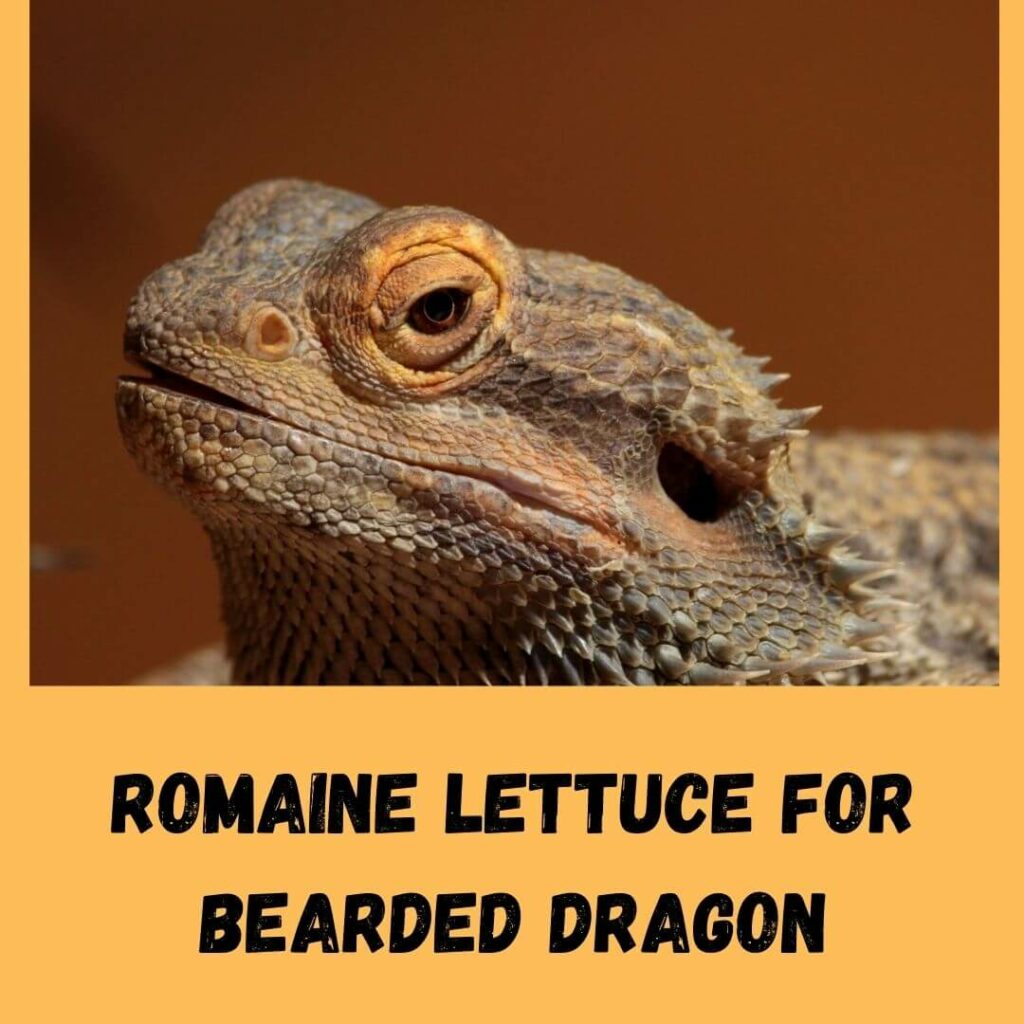
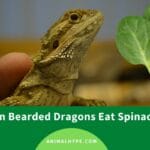

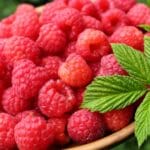
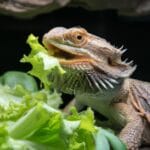

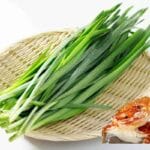










4 thoughts on “Can Bearded Dragons Eat Lettuce? The Truth About This Leafy Green”
Comments are closed.